We all want our kids to be safe when they leave the house. Here are some tips for looking after them when they’re out and about and encouraging them to develop good habits that will help them stay safe now and in later life.
Road safety
Sadly, road traffic accidents are one of the highest causes of accidental death for children and young people in Scotland. So it’s super important to make sure your wee one knows how to stay safe when they’re around roads and traffic. Here are some tips to get you started.
There are lots of resources to help you talk about road safety and practise staying safe on the Road Safety Scotland website, including online books, videos and games. The Go Safe with Ziggy online resource helps equip children with the skills, knowledge and attitudes that will help keep them stay safe now and in later life.
Tip #1: Start early
It’s never too early to make your child aware of the roads about them. When you take your baby out with you, why not point out to them the difference vehicles you can see, from bicycles to lorries and buses? You could also point out other features, like traffic lights, zebra crossings and school crossing patrollers. When they get older, you can play games like I-spy to make them more aware of what’s around them when they’re out and about.
Tip #2: Set a good example
We know that early experiences shape children's future behaviour. So one of the best things you can do is set a good example. If your kids see you crossing roads safely, they’ll learn that this is what to do. So make sure you always choose the safest place to cross and stop, look, listen and cross straight over the road, never diagonally – even when the kids aren’t there! And never cross while using your phone – give the road your full attention.
Tip #3: Hold hands
As soon as your wee one is old enough to walk with you, make sure they know that they must always hold your hand when you’re near traffic. Holding hands and keeping them on the inside of the pavement, away from the traffic, will help them feel safe, and they’ll also be less able to dash away from you.
Tip #4: Get them to teach you what to do
Kids love telling grown-ups what to do! So asking your children where you should cross and what you need to do before you cross will give them the chance to show you what they know, and boost their self-confidence.
Tip #5: Keep talking road safety
Road safety isn’t just for little kids – it’s for life! As your children grow up and become more independent, it’s important to keep talking to them about road safety. Before you let them head off on their own, test them on their road safety knowledge, to make sure they know how to keep themselves and other people safe around roads and traffic. Distractions can be dangerous so remind them as they get older to avoid using a mobile phone, listening to music or wearing a hood when crossing the road, as this stops them from seeing and hearing clearly.
You can find learning resources for older children – including information on learning to drive safely – on the Road Safety Scotland website.
Safety in the car
Driving with children in the car can be stressful, but there are things you can do to make the journey safe and fun for everyone.
Tip #1: Buckle up
Before setting off you must make sure that all children are secured in an appropriate car seat – it’s the law. You’ll find everything you need to know about choosing and fitting the right car seat for your child, and using it safely, on the Good Egg Safety website.
Tip #2: Plan your journey
A bit of advance planning can save a lot of stress. Make sure you know where you’re going, how best to get there, and where you’ll stop for a pee break if necessary!
Tip #3: Dress for success
Even if it’s cold outside, take your child’s jacket off before strapping them into their car seat, and then cover them with a blanket instead if you need to. This will stop them overheating, and also makes it harder for them to escape from their harness!
Tip #4: Play a game to get them into their car seat
If your wee one doesn’t like being buckled up in the seat, try playing a game like ‘space buggy’ or ‘robots’ to make it more fun – our page on getting your toddler out of the house tells you how to play and has more ideas.
Tip #5: Be focused
Let the kids know that you need to concentrate on your driving, and they shouldn’t distract you. Give them some books or toys to keep them occupied or play music they can sing along to so they don’t get restless.
Tip #6: Set a good example (again!)
You might not think the kids will notice if you slam on the brakes, get angry at other drivers or check your phone while you’re driving but they do! And the way they see you drive is likely to be the way they’ll drive when they grow up – so to keep them safe now and later on, try to stay calm and focused and follow the rules of the road.
Tip #7: Never leave them alone in the car
Babies and young children should never be left alone inside a vehicle, even when the engine is turned off. Remember also to take the key with you and make sure the engine can't be started when you're not in the car. This is especially true of more modern cars with keyless systems. Keys should always be stored in a safe place in the home, out of the reach of the kids.
Staying safe travelling by bus
All young people and children aged 5-21 years can apply for a card to access the Young Persons’ (Under 22s) Free Bus Travel Scheme. If your child is aged 16-21 they can apply themselves, but if they’re younger then you’ll need to apply on their behalf. You can find out more about the scheme and how to apply at freebus.scot.
Letting your child use the bus on their own for the first time or to travel further afield can be daunting. So even if they’re used to getting the bus with you, it’s a good idea to have a chat with them about being safe and confident when travelling. For example, you could talk to them about how to use their new pass, and that they can always talk to the driver when the bus stops if they’re worried about anything. You can find more tips at freebus.scot.
 Activities & Play
Activities & Play Behaviour
Behaviour Childcare
Childcare Development & Growing Up
Development & Growing Up Family, Friends & Relationships
Family, Friends & Relationships Feeding Your Baby
Feeding Your Baby Food & Eating
Food & Eating Health & Safety
Health & Safety Mental Health & Wellbeing
Mental Health & Wellbeing Money & Work
Money & Work Online Behaviour & Safety
Online Behaviour & Safety Pregnancy & First Days
Pregnancy & First Days School & Education
School & Education Sleep
Sleep

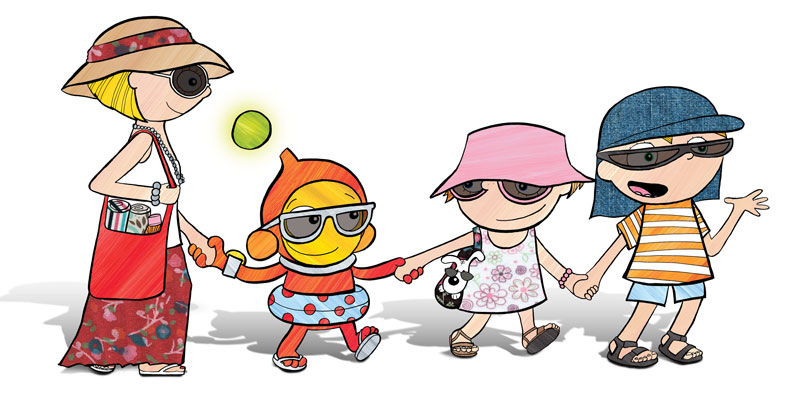
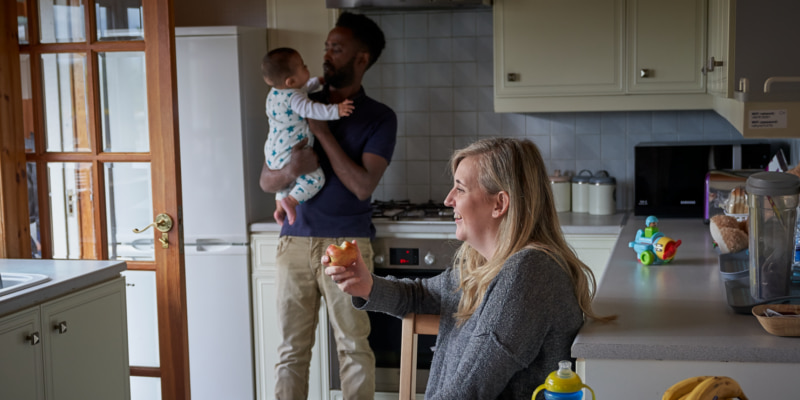
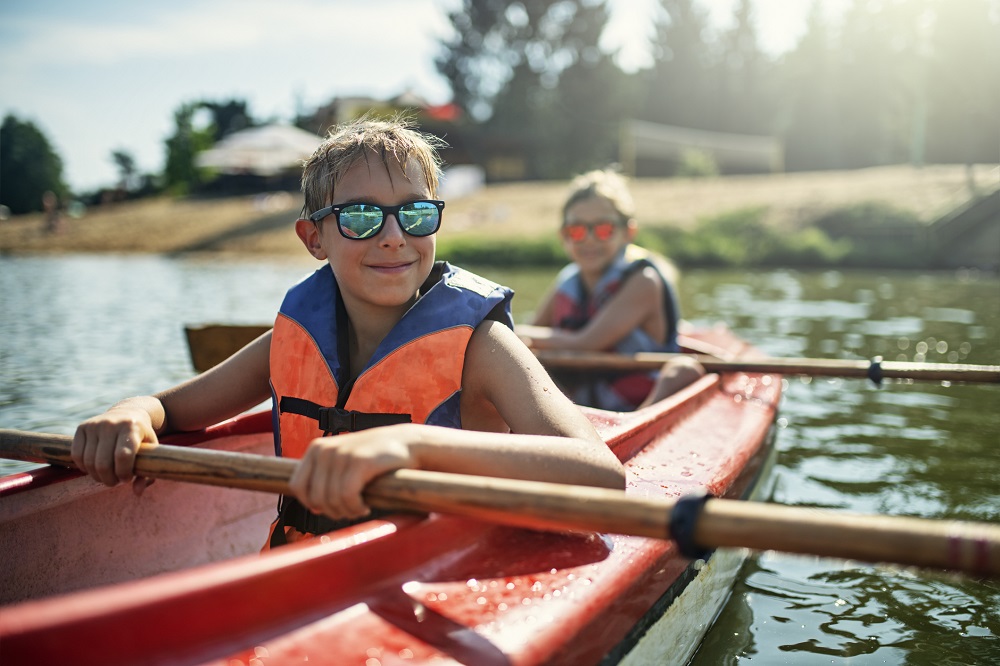

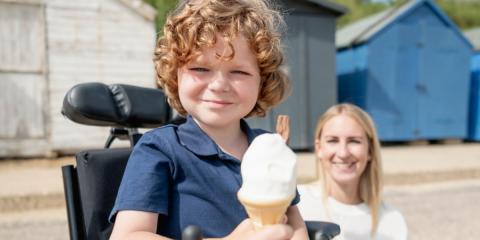


 Mental Health & Wellbeing
Mental Health & Wellbeing
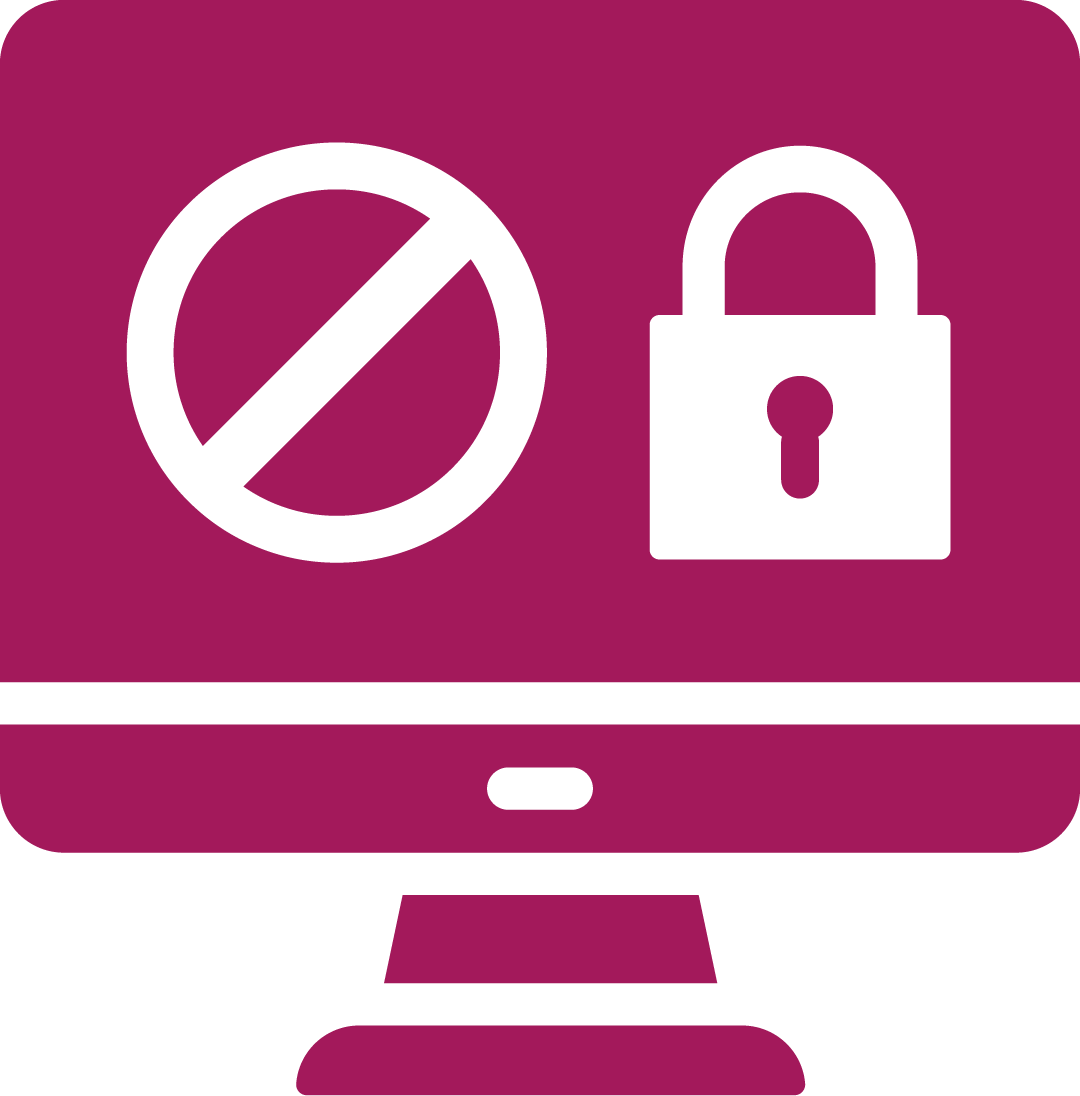 Online Behaviour & Safety
Online Behaviour & Safety